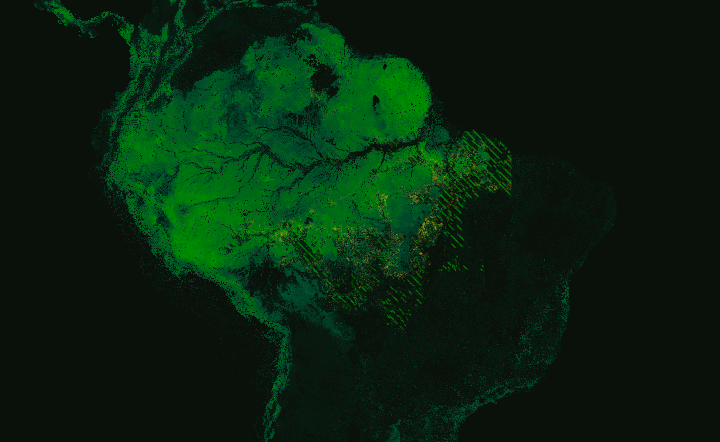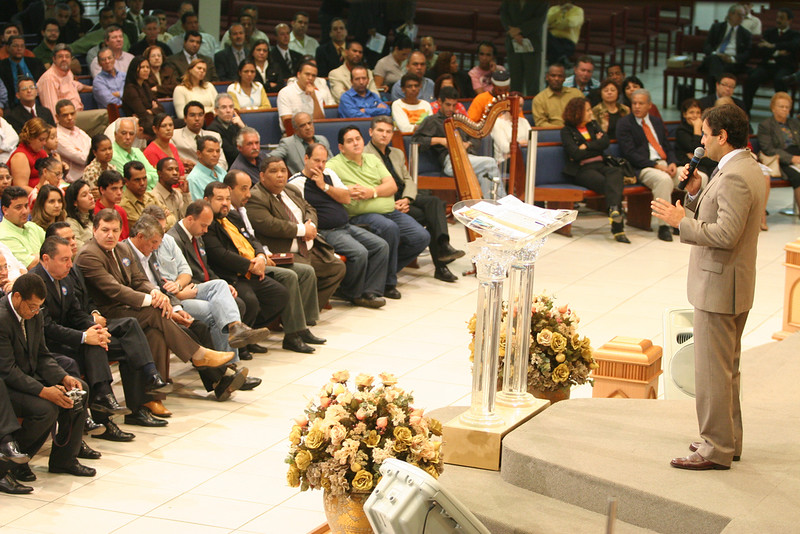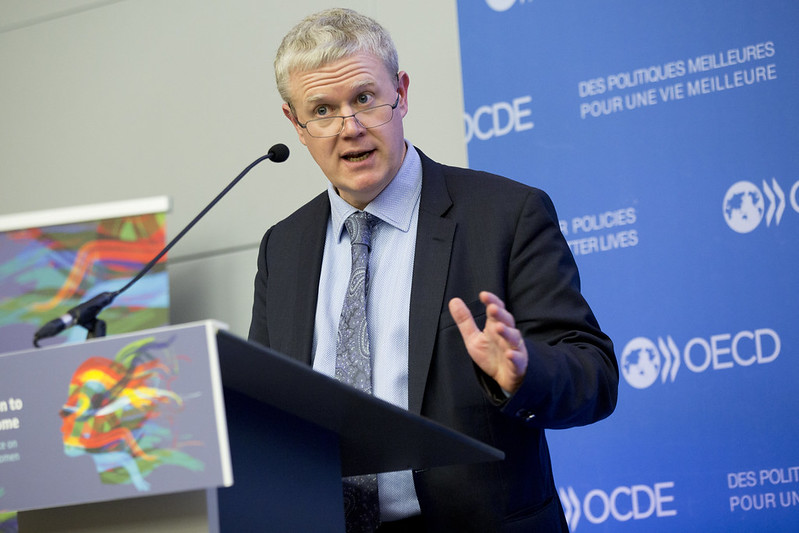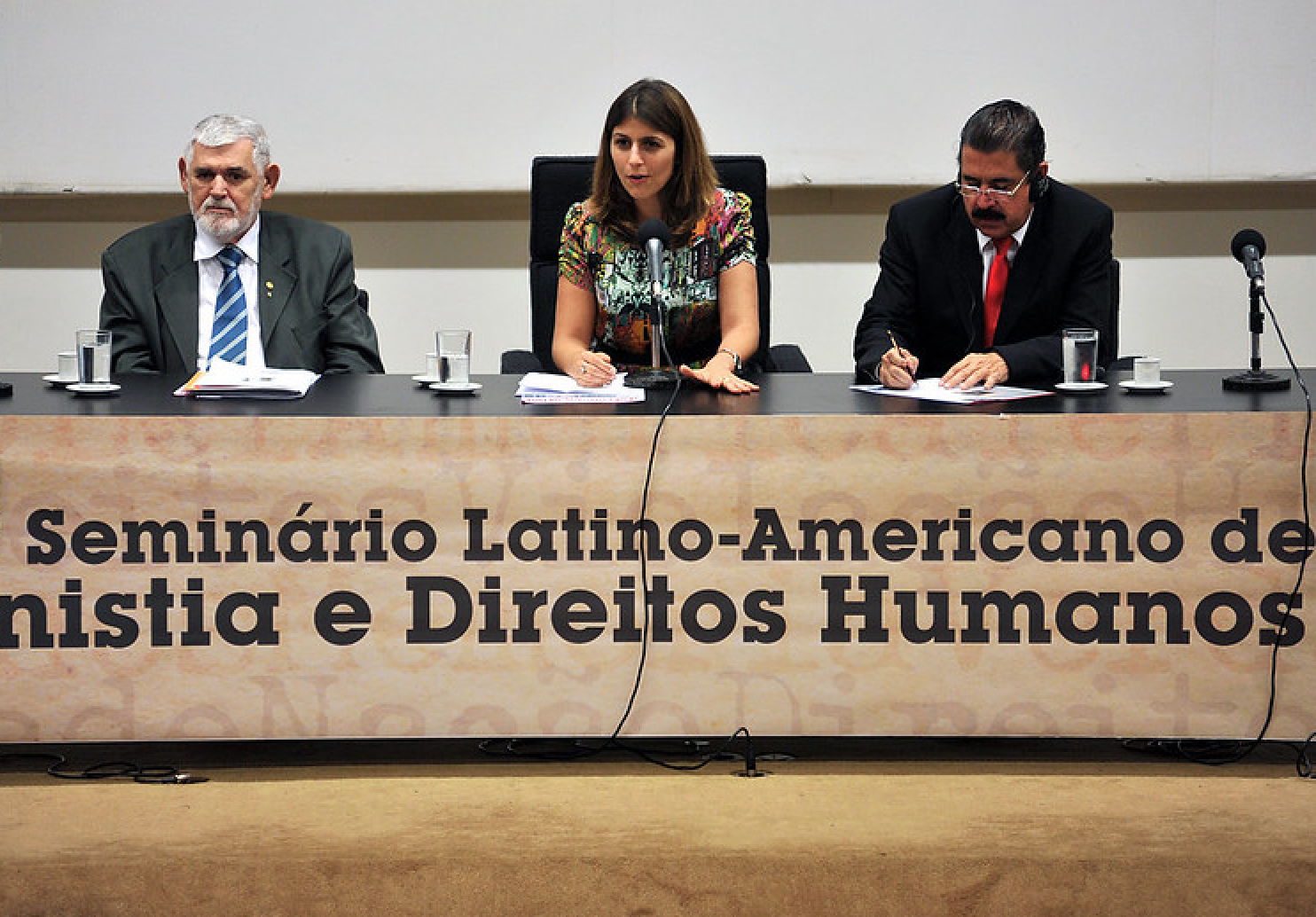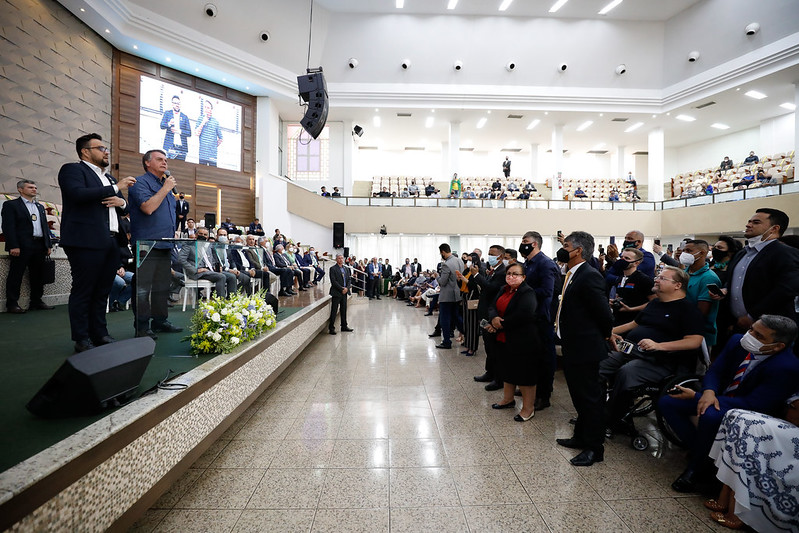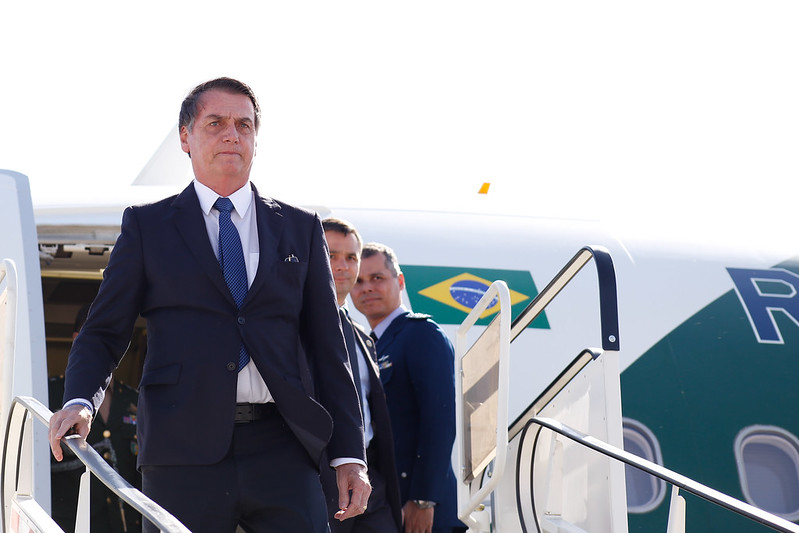Imakay Research Hub
Artigo

The electoral process in Brazil: perception and analysis in the Portuguese press
28/10/2022
Bruno Santos Fonseca, PhD researcher at Portuguese Institute of International Relations (IPRI-NOVA)
The 2022 elections in Brazil – which take place simultaneously for the Executive Branch, with the election of the president and governors, and for the Legislative Branch, with the election of the National Congress (senators and deputies) and State Legislatures (state deputies) – have stimulated great interest from the international community and, subsequently, from the media worldwide – and Portugal is no exception. This interest in the dissemination and analysis of the Brazilian context in Portugal is largely due to the proximity that both countries nurture, as well as the large Brazilian community living in the European country.
Thus, the present analysis/perception of Portuguese online media will focus on presidential elections, having as a filter of observation not only the actions of the two candidates with the highest percentage of voting intention – Luiz Inácio “Lula” da Silva, from the Workers Party (PT), and Jair Messias Bolsonaro, from the Liberal Party (PL) -, but also the agendas each one defends during the official campaign period decreed by the Superior Electoral Court (TSE), responsible for the supervision of the whole Brazilian electoral process. For 2022, the TSE defined August 16th as the beginning of the electoral propaganda period and September 29th as its end – a period that became the chronological benchmark for the analysis of media perception.
Media with online presence seek for the uninterrupted dissemination of news and information about several societal topics. In this sense, the goal of the present analysis, which will go through the selection of online newspapers from Portugal with wide reach in that country (Público, Observador, Expresso and Diário de Notícias), will take into account a global sample of information about the contents close to the two candidates’ programs.
Thus, it will be possible to analyze the various specificities as is the “analysis of image, themes, tools, links, shares, language and other elements”, seeking to cover the generality of the thematic content: the Brazilian presidential election and the different dynamics related to the election and the candidates. However, the content analysis, which in the academic environment is an “investigation technique, applicable to all media content, which aims at the systematic and quantitative description of the manifested content”, will be guided by its short and immediate access, but whose results will be tangible.
The 2022 Brazilian elections: a context of the process
The Brazilian electoral system is quite suis generis with regard to the dynamics of the positions and the majoritarian formula that is sought. In the Executive Branch, the election for President of the Republic is settled in two rounds (October 2 and 30, 2022) to obtain a majority by one of the candidates in the dispute.
This year, the 11 candidates for the Brazilian presidency are: Ciro Gomes (PDT); José Eymael (DC); Luís Filipe d’Ávila (Novo); Jair Bolsonaro (PL); Léo Péricles (UP); Lula da Silva (PT); Father Kelmon (PTB); Simone Tebet (MDB); Sofia Manzano (PCB); Soraya Thronicke (União Brasil); and Vera Lúcia (PSTU). The struggle for the presidential election has been characterized by a fierce dispute especially between Lula and Bolsonaro, who have the best chances of winning, deepening the political polarization already visible in Brazilian society: Bolsonaro, who joined the liberal PL party at the end of 2021, seeks reelection; and Lula, who governed Brazil between 2003 and 2010, and who had the Federal Supreme Court (STF) overturn his conviction in the Guarujá triplex case, recovering his political rights.
It is important to highlight topics from their government programs, such as the areas of economy, social issues and environment. In the economic and social themes, Lula presents in his program the repeal of the spending cap, the reconstruction of social programs, such as Bolsa Família, and the implementation of policies to combat discrimination against LGBTQIA+, as well as gender equity and the fight against racism. Bolsonaro mentions the maintenance of the social program Auxílio Brasil, the continuation of privatization of public companies, the expansion of policies directed to women, children and adolescents, as well as the promotion of human rights for all, without mentioning specific groups.
The topic of environment was also the target of both candidates’ arguments: Lula gives great emphasis not only to the green economy, through conservation, restoration and management of all biomes in Brazil, but also to the fight against environmental crimes and illegal mining that occurs in the Amazon region; Bolsonaro, on the other hand, gives great importance to the problem of forest fires and burnings and illegal deforestation, as well as to the presentation of activities to defend, protect and promote the sustainable development of the Amazon.
With this thematic overview of both candidates, the search within the selected online media continued focusing on issues related to environment, economy, society, electoral research and the candidates’ campaigns. In this context, it is necessary to observe the phenomenon of fake news, which put in question the journalistic, factual and argumentative smoothness, both in social networks and in communication media. Having this care in the selection of news composing the foundation of this analysis, it was opted to apply an objective and demarcated selection by the general topic of the Brazilian elections, preserving the integrity of arguments and facts present in the news.
Perceptions and analysis of the press in Portugal
The Brazilian presidential elections benefit from greater and more constant attention in Portugal if compared to other European press, because it is characterized as an election that can cut or maintain political and social paradigms, and also because of the celebration of 200 years of Brazilian independence.
During the campaign period, the media in Portugal deepened and intensified the diffusion of information regarding the dynamics of the Brazilian electoral process. They gave greater prominence to the candidates Lula da Silva (PT) and Jair Bolsonaro (PL) and to the problems that both of them faced during the final weeks, as well as to the concern about how Brazilian politics will be from October on, but more specifically from the mandate that begins on January 1, 2023, and its impact on the world’s political and diplomatic sphere.
The newspapers Público, Expresso and Observador exhibited a constant and daily coverage of the events related, directly or indirectly, to the campaign and the rallies, debates and clashes between the candidates and their positions on environmental, democratic, social and economic issues. However, the topics related to economy and society, despite being transversal in many of the published articles, nurtured specificities related to the current reality and the future of Brazilian society, through distinct analyses, either by journalists or by individuals in their personal capacity (opinion articles), but with the similar objective of captivating the interest for a theme that seems distant, but so close to Portugal.
Público highlighted the need for the participation of the whole society (a case that also applies to the other selected newspapers) through the creation of a page dedicated to the main news, stories and notes about the elections, opening the space to readers’ individual shares. It also has a variety of publications that range from opinion articles to more thematic and investigative reports, showing a great amplitude in what is made available to readers. Expresso and Observador follow the same line, but the former is more incisive on issues related to the dangers to democratic institutions and the existing polarization between the PL’s candidate for reelection, Bolsonaro, and the PT’s candidate, Lula, besides gathering a larger number of opinions and comments from Brazilian personalities.
In Observador and Público, it was found the existence of mechanisms to verify facts and news linked to Brazilian elections – actions to combat fake news already present in newspapers and other national and international topics (Expresso, associated with SIC television channel, also has a verification mechanism, called the Polygraph). As for Público newspaper, the fact-checking section is carried out in international partnership with Agência Lupa (Brazil), reporting errors and incorrect data in the statements and speeches made by both leading presidential candidates.
Diário de Notícias kept its dynamics smoother, mainly by the number of stories that were published during the electoral period, since the Portuguese agenda has more weight in its information grid. However, its role in the transversal analysis of the themes related to the two candidates’ agendas was equally evident.
Also, it is important to highlight the topic of natural environment, which, despite being in Lula’s and Bolsonaro’s government programs, has not been a discursive priority of both candidates. Still, it is a topic that was notorious in the Portuguese media agendas and articles, especially because it is the center of many policies and concerns by Portugal and other European countries.
In all analyzed newspapers – Público, Observador, Expresso and Diário de Notícias – could be observed an interest in reporting and disseminating the Brazilian electoral process, focusing on the presidential election in its most diverse contexts and realities, as well as for the relevance that these elections have in a global context.
From the questioning and analysis of the transversal topics in each of the media, it is possible to trace a correlative line between the various digital newspapers, by certain characteristics of the news about the Brazilian electoral process, whose contact points allow readers to perform identical (or not) analyses, debates and perspectives through the argumentative crossing of the multiple structures of informative dissemination.
Final considerations
The Brazilian electoral process and all adjacent dynamics have indeed aroused great interest from the international community and, subsequently, from the Portuguese media. This perception has nurtured distinct attention not only to the two candidates with the highest voting intentions, so that polarization was one of the mottos for the elaboration of news articles, but also to agendas that are pertinent to Brazilian politics, such as the democratic rule of law and the environment.
The polarization that has been present throughout the pre-campaign and during the weeks of debates and rallies will not disappear if the election is decided in the first round or if there is a need for a second round – it tends to continue in the coming weeks and months, either within Brazilian society, in the debates or in the news that the media will publish regarding the Brazilian political context.
It can be concluded that, through the perception that the European press transfers regarding the news of the Brazilian electoral process and its impact on the local society, there is a reflection about the civic work that the online articles themselves perform. They allow not only in Portugal, but all over the world, the access to information for Brazilian citizens and, equally, the existence of a sense of preparation and critical reflection on the particularity of these elections.

